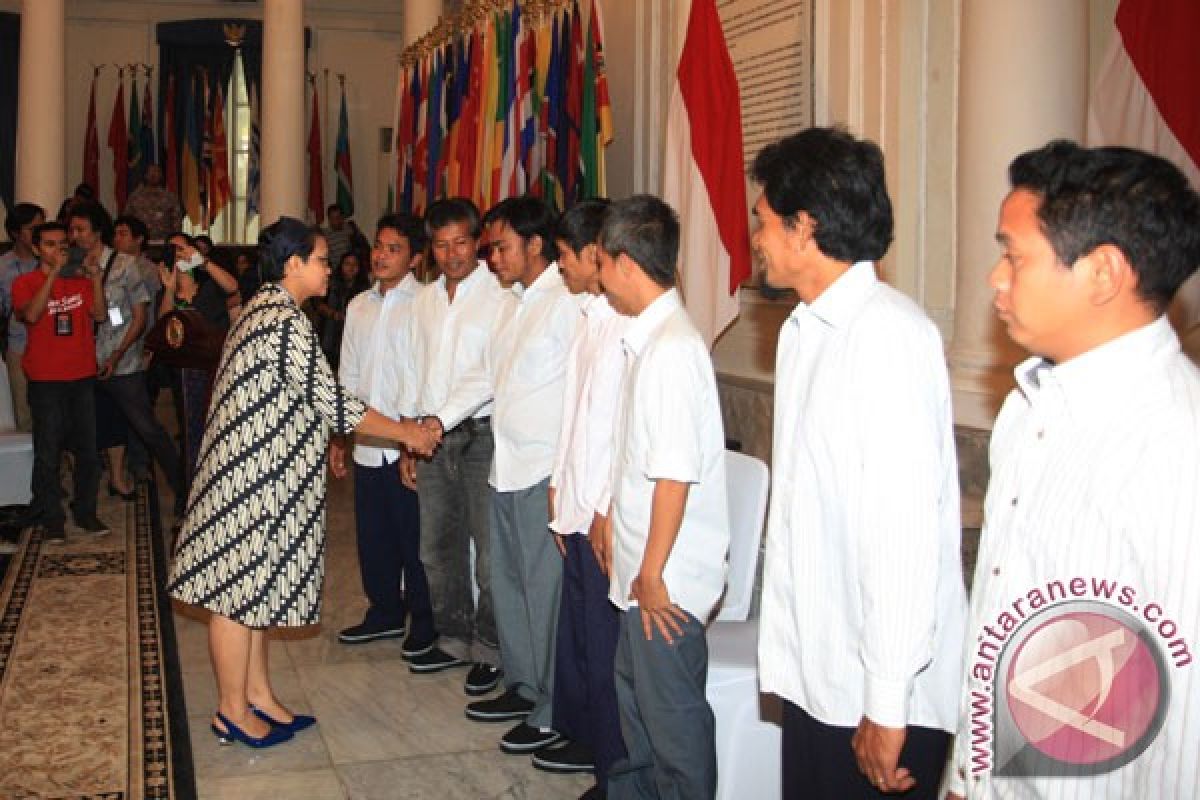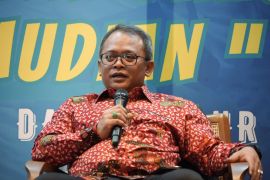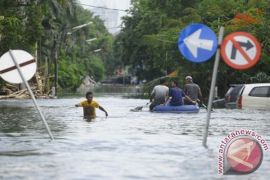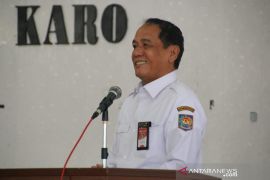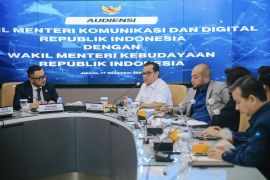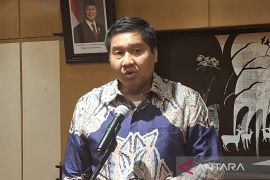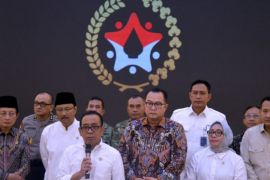Another lesson learned is related to whether or not a ransom of 50 million pesos (about Rp15 billion), that the Philippines hostage takers had demanded, was paid.Bogor, W Java (ANTARA News) - Ten Indonesian sailors have been reunited with their families following their release on Sunday after they were held captive by the Philippines Abu Sayyaf militant group since March 26.
Indonesian President Joko Widodo welcomed this good news by thanking the Philippines Government and "several other parties" which were involved in and worked for releasing them.
The success in freeing these crew members of Brahma 12 tugboat and Anand 12 barge was the result of both formal and informal efforts, undertaken by various parties, he said.
The mission to secure the freedom of Peter Tonsen Barahama, Julian Philip, Alfian Elvis Repi, Mahmud, Suriyansyah, Surianto, Wawan Saputra, Bayu Okta Wiyanto, Rinaldi, and Wendi Rakhardian has been accomplished.
The government has felt relieved but another task awaits at home. Four more Indonesian seamen are still being kept hostage by the same militant group that had hijacked their vessel in April.
As mandated by the Preamble of the 1945 Constitution, protecting all the people of Indonesia, including the four Indonesian hostages, is part of the states obligation.
What valuable lessons can be learnt from the success in freeing the ten sailors that the Abu Sayyaf militants had captured from their vessel while towing the Anand 12 barge carrying 7,000 tons of coal last March?
One of the lessons learned is related to the way the government led and managed the entire effort to free the Indonesians. These efforts involved various stakeholders in the nation.
However, the success gained as a result of this collective effort should belong to all parties, including the Indonesian Defense Forces (TNI), intelligence agency, and individuals representing the company that owned the hijacked vessels, apart from many non-governmental organizations.
Overlapping claims made by certain parties about their valuable contribution to the successful release of hostages may trigger an unnecessary misunderstanding in public and among the elites.
Therefore, the noble sacrifice of all the parties who helped save the lives of the Indonesian hostages is worth keeping in mind.
Another lesson learned is related to whether or not a ransom of 50 million pesos (about Rp15 billion), that the Philippines hostage takers had demanded, was paid.
Indonesian Foreign Minister Retno LP Marsudi has affirmed that the successful release of hostages was made possible without paying the demanded ransom.
Instead, the success was the result of what she called "total diplomacy."
Marsudis statement undoubtedly represents the Indonesian Governments official stance but former President Megawati Soekarnoputri challenged it by claiming that payment of ransom was involved in the release of hostages.
Megawatis opinion is shared by the well known political analyst, Salim Said, who spoke at the show called "Indonesia Lawyers Club" on the nationwide channel, TV One, on Tuesday evening.
He argued that no hostage release takes place free of cost because the abductors had looked after their hostages but he underlined that the government needs to learn a lesson from the situation where there are "competing claims" being made by those involved in the hostage rescue operation.
The party that reaped benefits from this competition is the Abu Sayyaf group because the different parties involved in the rescue mission may never know exactly who might have given money to the abductors, he said.
If this happens, the abductors can repeatedly blackmail the parties involved to garner even larger amounts, Salim Said said.
Therefore, in dealing with the hostage takers, this senior lecturer of Indonesias Defense University (Unhan) said the involvement of so many negotiators was not recommended.
Whether or not the release of ten Indonesian sailors involved payment of ransom, the ransom itself is a sensitive issue for both, the governments of Indonesia and the Philippines.
As far as the Philippines Government was concerned, the ransom payment is perceived as a real threat because members of the Abu Sayyaf group can use the money to buy more firearms.
"If this big release came in exchange of money, those who paid are (by proxy) supporting the Abu Sayyaf group," said Hussain Amin, mayor of the South Philippines city of Jolo, as quoted by the globalnation.inquirer.net.
Four other Indonesian sailors remain captive. They are being held by the Abu Sayyaf bandits, and, to fulfill the states constitutional duty, the Indonesian Government has no choice but to do its utmost efforts to free them and reunite them with their families.(*)
Reporter: Rahmad Nasution
Editor: Heru Purwanto
Copyright © ANTARA 2016
